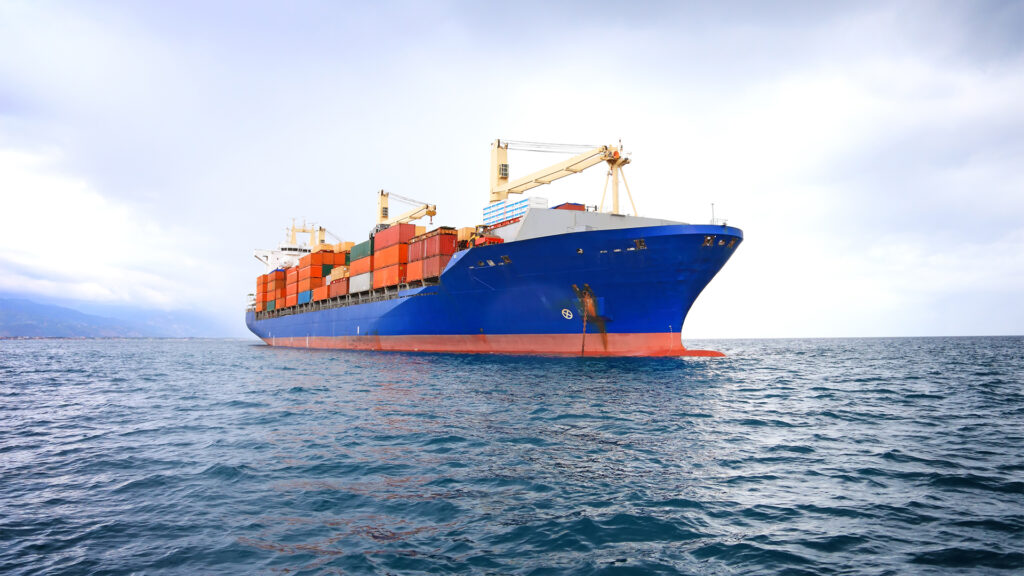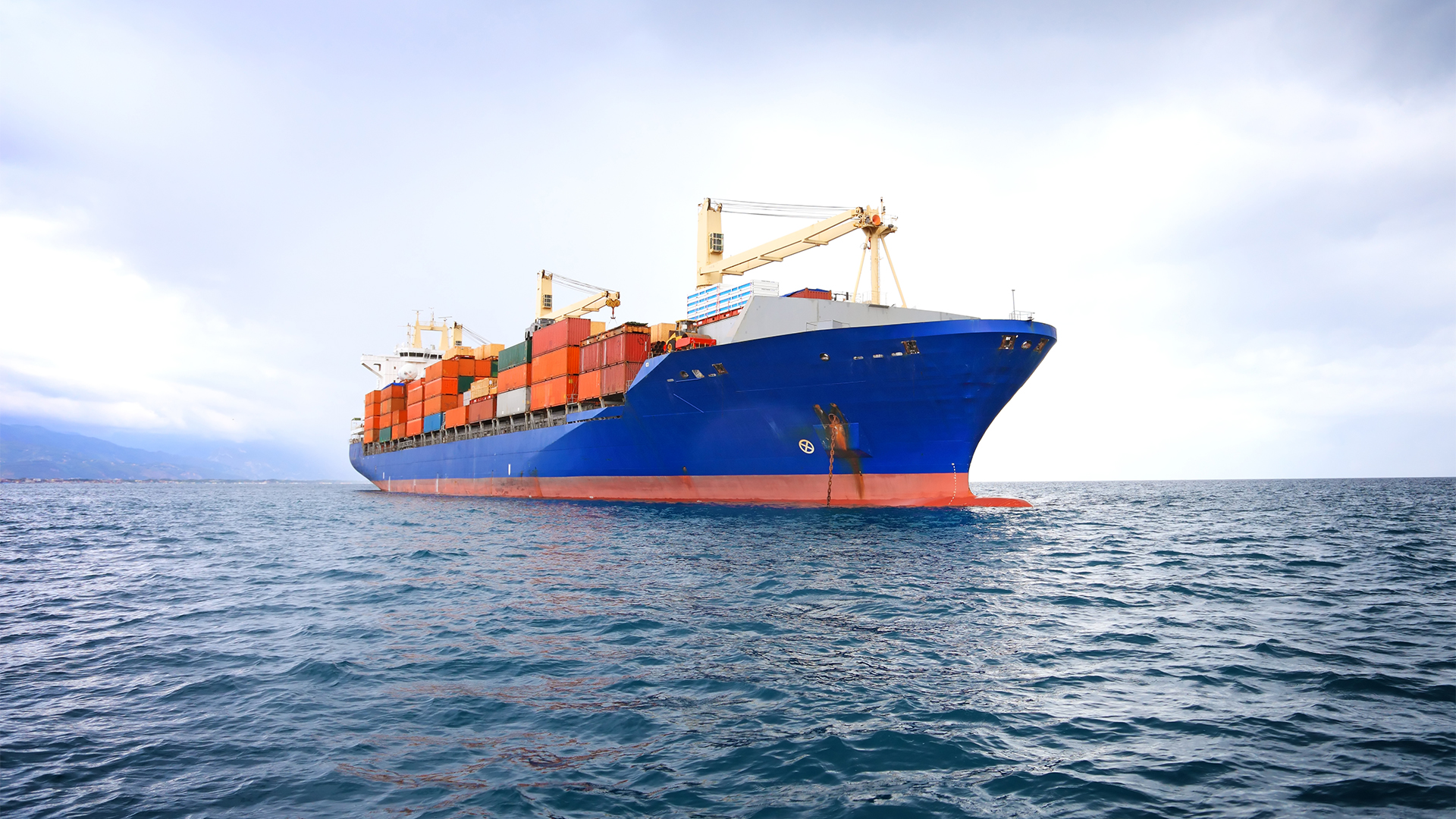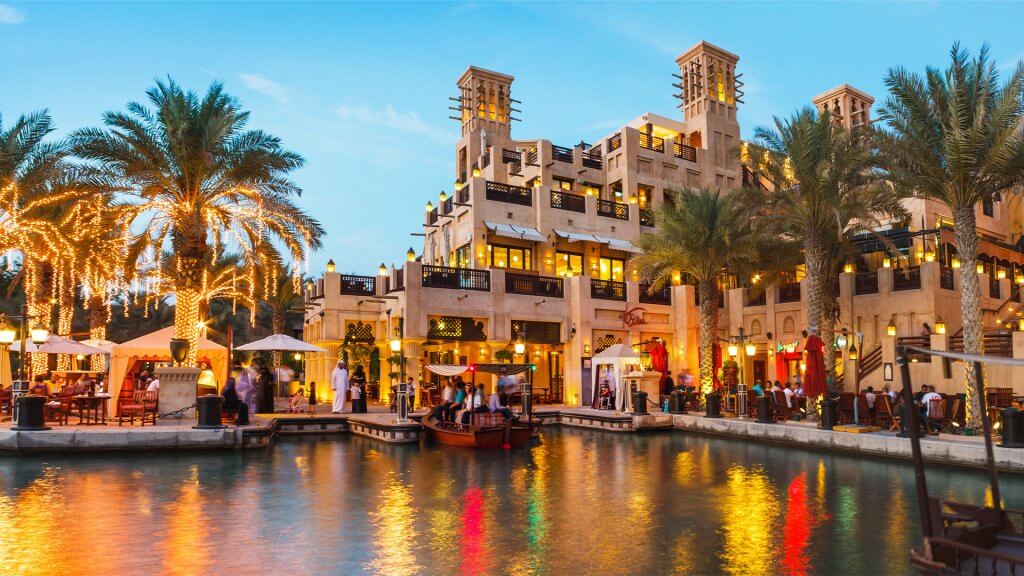
Ongoing tension in the Red Sea is yet another geopolitical crisis that has upended the international supply chain in recent years, shining a spotlight on its frailty during times of volatility on the global stage.
At the forefront of these recurrent crises, Aramex UK has been helping clients navigate through the complexities of the global logistics arena, leveraging its extensive global network and decades of experience to ensure its clients’ shipments continue moving regardless of the state of play.
With geopolitical volatility continuing to be ever present, Haissam Badr, National Freight Manager at Aramex UK has suggested that in order to thrive in 2024 and beyond, businesses need to make strategic moves to enhance agility and resilience while also preparing for uncertain futures.
War, climate change, inflation, trade disputes and pandemics are only just a few of the threats businesses have faced on the global stage since the turn of the decade.
The emergence of the Rea Sea crisis comes at a time where emphasis on supply chain resilience has become increasingly more prominent – shifting away from the modus operandi that was in place previously which prioritised low costs and optimisation.
Companies faced with the challenge of establishing new supply chain strategies in the wake of the Covid-19 pandemic have once again been forced to quickly adjust their approach, as attacks on cargo ships by Houthi rebels along the Suez Canal have brought the crucial international trade corridor to a near standstill in recent months.
The latest chapter of the Red Sea’s recent troubles has resulted in significant stock delivery delays for the retail industry, with many vessels having to divert en-masse to the next most viable trade route – the Cape of Good Hope. The causality of this is an extra 10 to 14 days lead time leading to higher wait times and surcharges being applied to already heightened logistics costs.
Last month, Sky News reported that typical shipping prices were 329% higher since the disruption began in November. Although published data has since painted a slightly more positive picture of the current state of play as attacks subside, the cost of container shipping still remains well above normal levels.
In response to the recent crisis, Aramex UK has ensured to provide a comprehensive array of viable solutions to mitigate delays as much as possible. In doing so, Aramex’s own operated trucks will be deployed from Asia via Dubai, UAE, Dammam, KSA and from Europe via Port Said, Egypt.
When shipping goods internationally, Haissam Badr has highlighted the importance of exporters collaborating with experienced logistics partners that have a fundamental understanding of the dynamic nature of global trade, the seismic impact that geopolitical challenges such as the current Red Sea crisis can have on organisations and their ability to operate, and how best to respond diligently.
“The recent landscape has placed supply chains under enormous pressure in recent years with the current Red Sea crisis being one such example. It is becoming more the norm rather than an infrequent event Haissam said and it is essential that we legislate for this on behalf of our customers.
“Moving forward businesses need to adapt their logistics strategies by proactively managing and preparing for what has become an increasingly volatile marketplace, rather than simply undertaking a reactive approach to issues as and when they occur. One way in which they can do this is secure the services of an experienced global logistics partner that has the expertise, network and technological capabilities to navigate the complexities of the global marketplace with total confidence.
“Amidst fluctuating consumer demands, geopolitical tensions, natural disasters, and unforeseen disruptions, companies in 2024 must traverse a complex landscape to ensure seamless operations and meet customer expectations. In doing so, they can not only strengthen their competitive position within the marketplace but also ensure sustainable growth in an ever-evolving business landscape.”






















